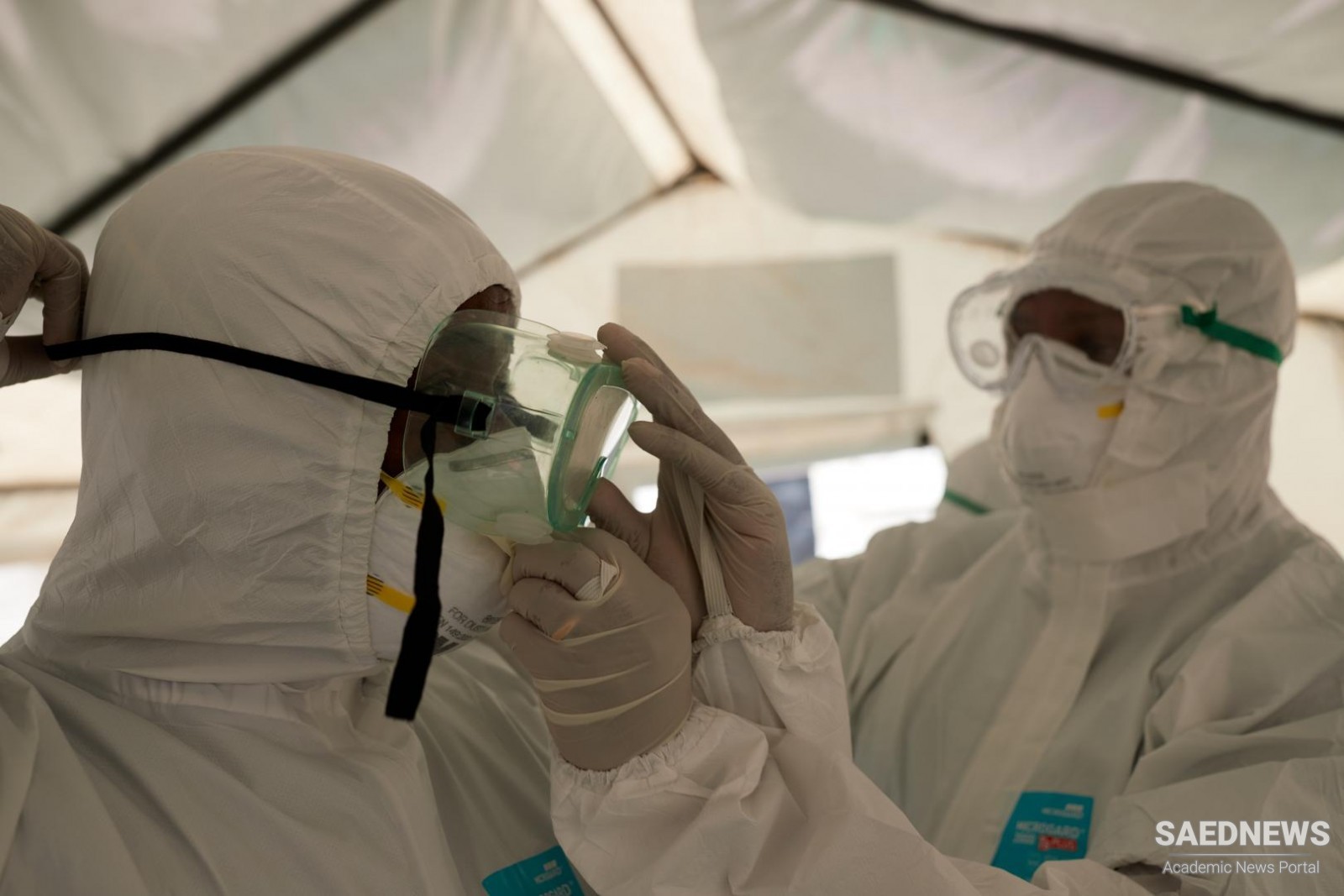Johannesburg, SAEDNEWS: The past week has seen an 83 percent jump in Covid-19 cases in Africa, with the increase in South Africa at 66 percent.
"We are cautiously optimistic that deaths and severe illness will remain low in the current wave," said Dr Matshidiso Moeti, WHO's Regional Director for Africa. "But slow vaccine roll-out in Africa means both will be much higher than they should be."
Low vaccination rates risk providing a breeding ground for new variants, such as the rapidly spreading Omicron strain, which was first identified in South Africa, said the latest update from the WHO in Africa.
"We've known for quite some time now that new variants like Beta, Delta or Omicron could regularly emerge to spark new outbreaks globally, but vaccine-deprived regions like Africa will be especially vulnerable," said Moeti.
At the current rate, WHO estimates it will take until May 2022 to have 40-percent vaccination coverage in Africa and until August 2024 to reach 70 percent, said the WHO-Africa statement.
"But we can still save many lives if we accelerate the pace of vaccination in early 2022," Moeti said.
As of 13 December, only 20 African countries had vaccinated at least 10 percent of their population – the global target WHO had set for September 2021.
Only six countries have hit the year-end target of fully vaccinating 40 percent of their population, while only two – Mauritius and Seychelles – have reached 70 percent.
The latest surge across the continent was fuelled mainly by the Delta and Omicron variants.
Worldwide there have been more than 2,700 Omicron cases reported in about 60 countries, including 11 African countries.
Omicron spreading at unprecedented rate
The latest regional report came as the WHO reported that the Omicron variant was spreading at an unprecedented rate "probably in most countries".
Since the new, heavily-mutated variant was first detected in southern Africa last month, it has been reported in 77 countries, WHO chief Tedros Adhanom Ghebreyesus told reporters.
But, he said, "the reality is that Omicron is probably in most countries, even if it hasn't been detected yet."
"Omicron is spreading at a rate we have not seen with any previous variant," he said.
His comments came amid growing evidence that the new variant might also be better at skirting vaccine protections than previous ones, but could cause milder symptoms.
But Tedros cautioned against "dismissing Omicron as mild".
"Surely, we have learned by now that we underestimate this virus at our peril," he said.
"Even if Omicron does cause less severe disease, the sheer number of cases could once again overwhelm unprepared health systems."
Not against boosters, against inequity
The WHO chief also voiced concern that many countries are rushing to provide booster vaccine doses in response to the spread of Omicron, in light of the persistent glaring inequity in vaccine access between wealthy and poorer countries.
"WHO is concerned that such programmes will repeat the Covid-19 vaccine hoarding" seen previously this year, he said.
He said there was not yet enough data to show a third dose is needed to effectively protect healthy adults against the variant, although he said that "as we move forward, boosters could play an important role".
At the same time many vulnerable people in poorer countries have not yet received a single dose.
"Let me be very clear: WHO is not against boosters. We're against inequity. Our main concern is to save lives everywhere," Tedros said.
"It's a question of prioritisation," he said.
"The order matters. Giving boosters to groups at low risk of severe disease or death simply endangers the lives of those at high risk who are still waiting for their primary doses because of supply constraints."


 Algeria warns of 'Israeli hegemony' over Africa thru Moroccan alliance
Algeria warns of 'Israeli hegemony' over Africa thru Moroccan alliance














































